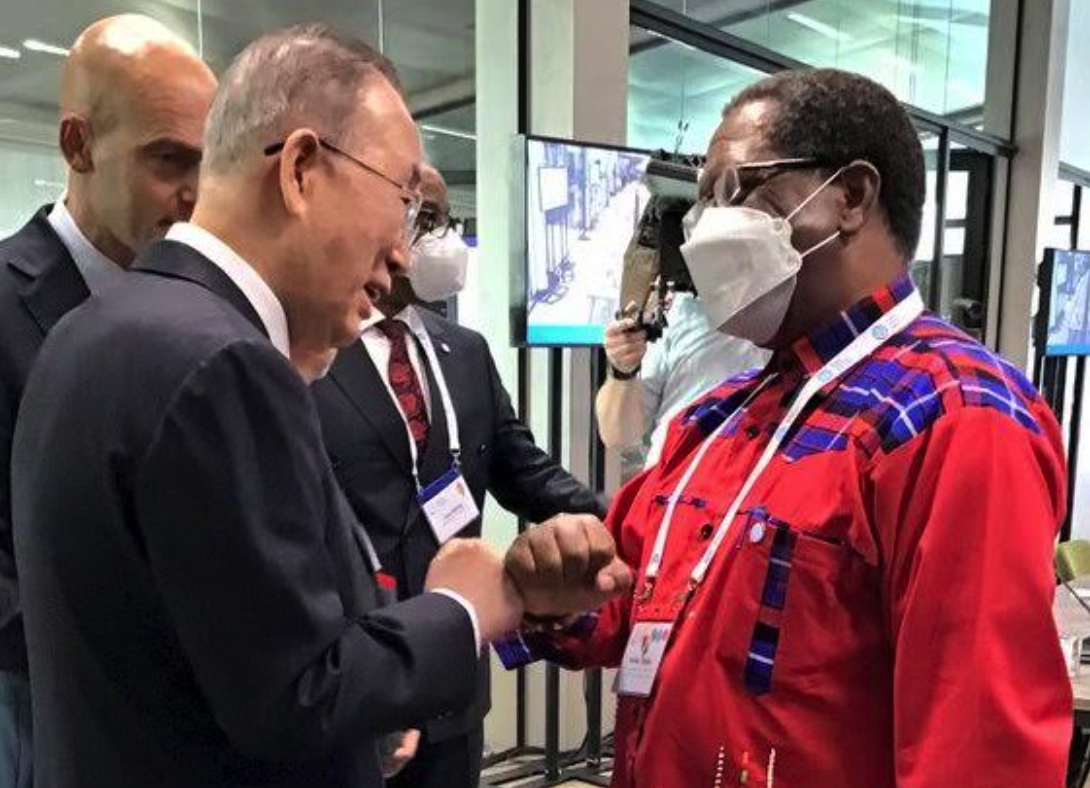Environment CS Keriako Tobiko has urged developed countries to take leadership in reducing their greenhouse gas (GHG) emissions and provide mechanisms for adaptation since they account for at least 80 per cent of GHGs.
Speaking at the ongoing Global Center on Adaptation (GCA) High-Level meetings in Rotterdam, The Netherlands, Tobiko lamented at the lack of commitment on taming climate change from the developed countries.
He noted that the developed nations were the largest polluters and hence should support vulnerable countries that are suffering the consequences of the vagaries of climate change.
Tobiko also appealed to the youth to use their large numbers, digital platforms and power to help reverse effects of environmental pollution, which will adversely affect future generations.
He lauded various players who are promoting bold and innovative partnerships for action to support the most vulnerable communities including GCA, African Development Bank and African Union's Africa Adaptation Acceleration Program.
Read More
The program is mobilizing US$25 billion to drive transformational adaptation actions on the African continent and seeks to propel locally-led adaptation efforts.
Ban Ki-moon, the 8th UN Secretary-General and Co-Chair of the Global Center on Adaptation, called for bold solutions to tackle climate change and support youth in curbing climate change.
The event explored how youth, academia and most vulnerable communities can collaborate in bolder action on adaptation in response to the global climate emergency and key activities that can be done in advance of and following the 2021 UN Climate Conference at Glasgow, COP26.
Those in attendance included former Maldives President Mohamed Nasheed, UN Under-Secretary-General and Executive Secretary of the Economic Commission for Africa, Vera Songwe, Executive Secretary of the UN Economic and Social Commission for Western Asia Rola Dashti, former Real Madrid player Arjen Robben among others.
A communique issued at the High-Level Dialogue meeting confirmed that the planet is warming faster than previously thought and that it is now on track to reach 1.5 degrees Celsius (1.5°C) of warming above pre-industrial levels by the 2030s.
"The next decade will see the Earth further heat up by approximately half of all the 1.1°C of global warming experienced throughout the entire period spanning the advent of the industrial era in the nineteenth century until today," the communique noted.







-1756319289.jpg)


